DEI at Johnson & Johnson is an integral element in supporting progress toward Our Purpose of profoundly changing the trajectory of health for humanity.
Our DEI Strategy is aligned with our Environmental, Social and Governance (ESG) strategy. The ESG strategy helps us deliver enduring impact and create long-term value for our business and society, framing our ambitions, informing our actions and creating accountability for our vision of the future.
Sharon Fronabarger
Head of DEI Global Center of Excellence,
Johnson & Johnson
Johnson & Johnson’s ESG strategy
We focus our efforts on the areas where we are uniquely positioned to achieve the greatest impact—championing global health equity, empowering our employees and advancing environmental health. Leading with accountability and innovation—a commitment to science and data-driven decision making, compliance, integrity and responsible business practices across the value chain—is foundational to these efforts.
DEI Goals and Targets
Enterprise-wide, we are committed to delivering against five DEI-related goals in addition to advancing our DEI strategy across many other dimensions. The DEI goals are embedded as part of Johnson & Johnson’s 21 Health for Humanity 2025 Goals, which are the key performance indicators of the Company’s ESG strategy. All the goals, including the DEI goals, are aligned with the priorities identified through engagement with a range of internal and external stakeholders for whom DEI is a significant area of focus.
Advancing the Sustainable Development Goals
Our DEI goals aim to drive positive outcomes as envisioned by five of the 17 United Nations Sustainable Development Goals.
Health for Humanity 2025 Goals:
DEI
View Scorecard Women in management
Key Performance Indicator:
By 2025, achieve 50% of women in management positions* globally.
Progress in 2022:
49% of management positions globally are held by women.
On track
Ethnic/racial diversity in management
Key Performance Indicator:
By 2025, achieve 35% ethnic/racial diversity in management positions* within the U.S.
Progress in 2022:
36% of management positions in the U.S. are held by ethnic/racially diverse employees.
Achieved
Black/African Americans in management
Key Performance Indicator:
By 2025, achieve 50% growth of our Black and African American employees in management positions* in the U.S.
Progress in 2022:
Achieved growth of 40.5% in Black and African management positions from 2020, with Black and African American employees representing 6.6% of management positions in the U.S.
On track
Women in STEM2D
Key Performance Indicator:
By 2025, engage two million girls in STEM2D activities.**
Progress in 2022:
Engaged 170,000 girls in 2022 through 230 events and 190 STEM2.org activities for a total of 501,000 girls.
Some progress
Global Supplier Diversity and Inclusion
Key Performance Indicator:
By 2025, achieve $4.5 billion Global Impact Spend with small and diverse suppliers, representing a 20% increase from 2020.
Progress in 2022:
Achieved and exceeded target in two consecutive years: 2021 and 2022.
Exceeded
* “Employee” is defined as an individual working full-time or part-time, excluding fixed-term employees, interns and co-op employees. Employee data may not include the full population from more recently acquired companies, and individuals on long-term disability are excluded. Contingent workers, contractors and subcontractors are also excluded. Abiomed headcount is excluded from Global Employee data, as well as other employee and DEI related disclosures. Fixed-term employees (employee with a contract for a limited period that ends when the specific time period expires, or when the specific task or event that has an attached time estimate is completed) are excluded from other employee and DEI related disclosures. Fixed-term contracts make up less than 5% of total employees plus individuals on fixed-term contracts. Professional positions are defined as pay grades 20-26; management positions are defined as pay grade 30 and above; executives are defined as employees reporting directly to the CEO. Gender and ethnic/racial diversity are reported in accordance with the gender, ethnicity, and race as self-reported by the employee and recorded in HRIS as of December 31, 2022. Other is defined as employees who self-reported as American Indian or Alaskan Native, Native Hawaiian or Other Pacific Islander, or two or more races.
** This may include multiple engagements with the same girl.
Measuring Progress
We track our progress in advancing DEI across the organization in several ways to ensure we can better meet the needs of employees, patients, customers and investors. The key ways of measuring and disclosing our progress include:
- Annual Health for Humanity Report: We report publicly and transparently on our progress against our DEI-related Health for Humanity 2025 Goals, together with a full set of performance data, which are externally verified and assured.
- Compliance and equal opportunity: We have global policies and maintain strict vigilance regarding compliance with current and emerging laws and regulations governing employment and DEI-related matters.
- Internal reporting: We provide our leaders with talent development, inclusion and diversity metrics on a regular cadence so they can assess progress and accelerate action where required.
- DEI goal setting and performance reviews: All people leaders around the organization set DEI Goals and are held accountable for achieving them. In our year-end performance review process, people leaders’ performance is assessed against DEI Goals, and tools and resources are provided to assist them in improving their performance.
- Listening to employee insights: A subset of responses from our annual survey is aggregated to form the Inclusion Index—a composite measure of how our people leaders are delivering a culture of inclusion. The Inclusion Index is part of our Vice President (VP) DEI Scorecard and influences overall VP-level performance assessment.
- External recognition: Benchmarking our performance with our peers and the broader universe of business enterprises is important to Johnson & Johnson as another reflection of the impact we make through DEI. We are honored to frequently receive awards for our DEI programs and achieve high rankings from multiple rating organizations.
Diversity & Inclusion 2021-2022 Recognitions*
Best Place to Work

Veteran+

LATAM
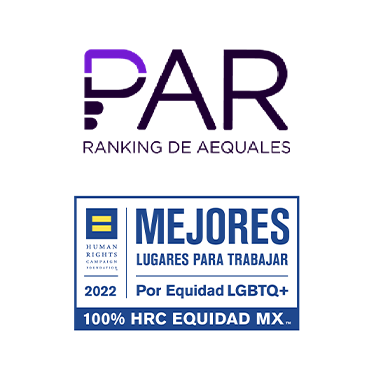
Gender
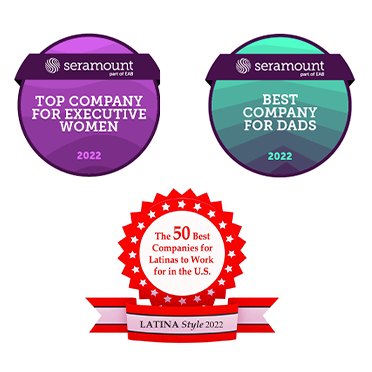
Disability
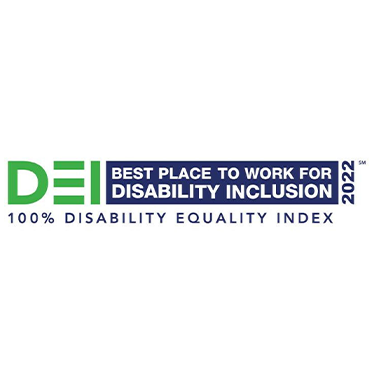
EMEA
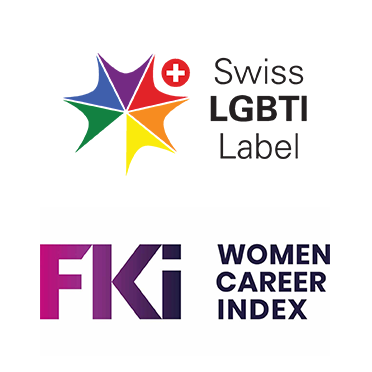
LGBTQIA+
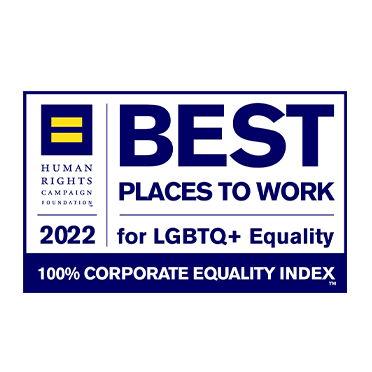
Ethnicity/Race

APAC
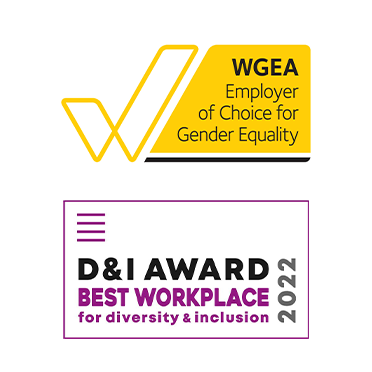
*Recognitions reflect our U.S. operations except for those referring to LATAM, EMEA and APAC. Please note that this is a partial list of awards received in 2022.
